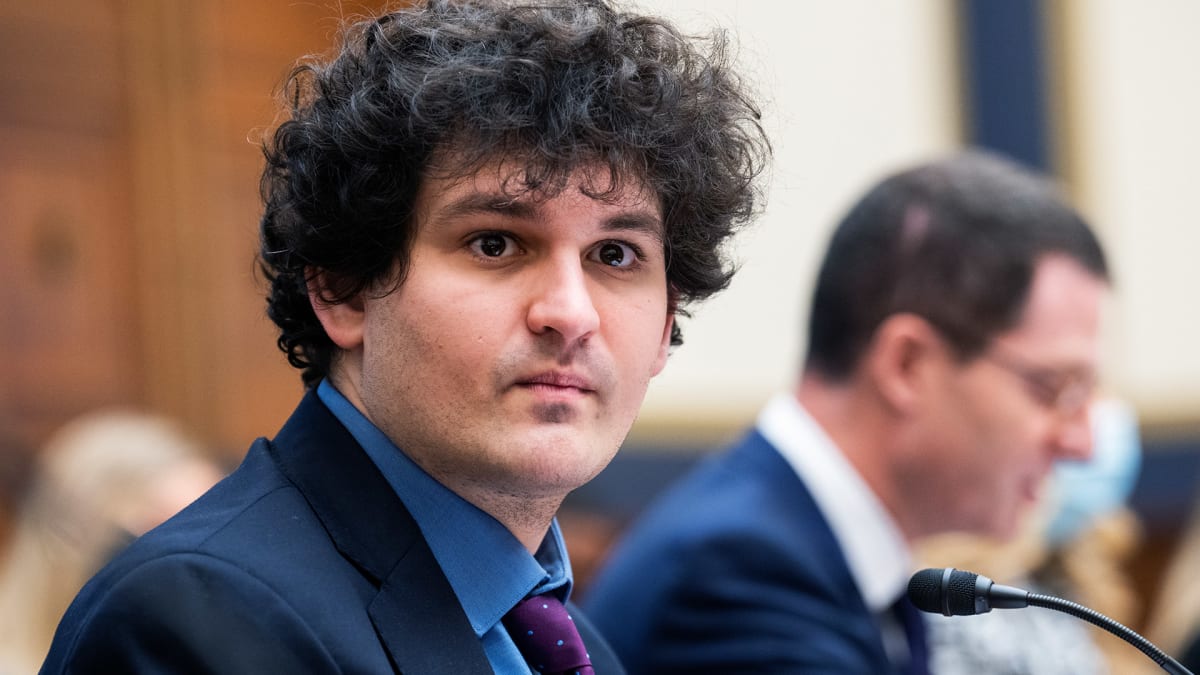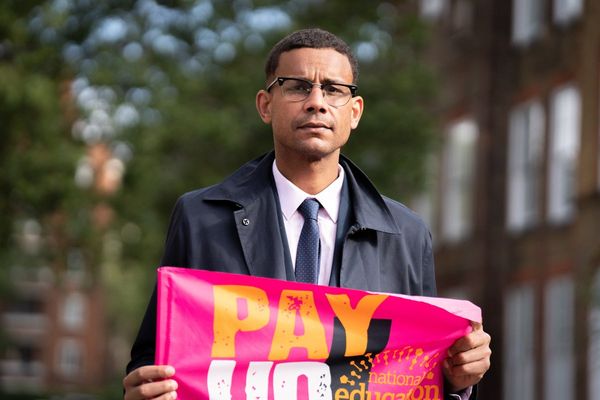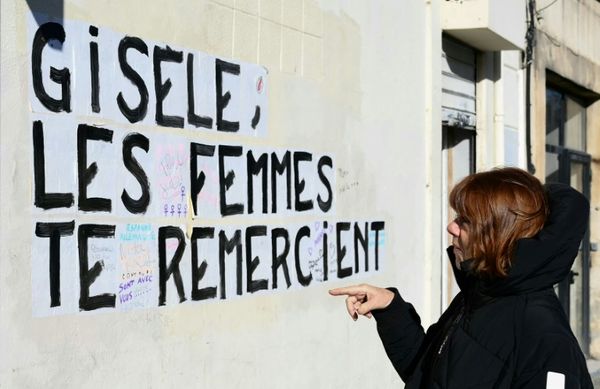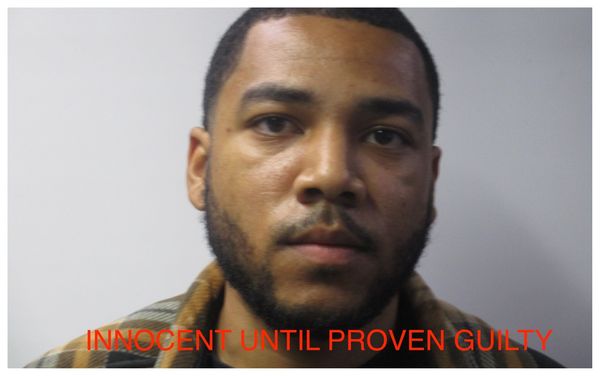
Sam Bankman-Fried wants to avoid the risk of being arrested as much as possible.
The founder of the bankrupt cryptocurrency exchange FTX, who has been nicknamed on social media the "Bernie Madoff of crypto," is due to testify on December 13 before the House Financial Services Committee, which is holding a hearing on the fall of his empire.
The hearing, which is supposed to start around 10:00 a.m, according to a schedule released by the committee. It is divided into two panels and will include only two witnesses. The first panel will have as witness John Ray, the new CEO of FTX, who replaced Bankman-Fried on November 11th, the day the crypto exchange filed for Chapter 11 bankruptcy.
SBF, as Bankman-Friend is nicknamed in the crypto sphere, should be grilled by lawmakers during panel 2 whose start time is not specified.
Remotely
For the many clients and investors of FTX and its sister company Alameda Research who were hoping to see the former trader physically respond to lawmakers' questions, they're going to have to wait. Bankman-Fried said in a Twitter Spaces chat on Dec. 12 that he will appear remotely. The former crypto "emperor" lives in the Bahamas where FTX's headquarters are based.
During his glory, he spent a lot of time in Washington influencing the regulation of the crypto industry. He was the institutional face of the fledgling financial services industry. SBF did not explain why he is now avoiding this city which he frequented so regularly.
But according to attorneys, his decision to appear remotely is likely due to the fact that he wants to avoid a possible arrest in the U.S. soil while the regulators' investigations into the fall of his empire are underway.
"Sam Bankman-Fried choosing to testify remotely instead of in person indicates his fear of arrest," said Los Angeles criminal defense and appellate attorney Matthew Barhoma, founder of Barhoma Law and Power Trial Lawyers. "If he comes on U.S. soil, the probability of getting arrested is high. His savvy move to testify remotely will likely benefit him."
"Testifying before Congress, however, puts him at risk of committing perjury. We don’t know how Bankman-Fried will be charged, but he’s likely facing fraud and wire fraud. Anything he says before Congress could be used against him later in court," he added.
The counsel urged Congress to achieve two things: tracing the funds and finding cause.
"In any fraud case, prosecutors must show the willful, intentional or even negligent misrepresentation of material facts. Congress will be pressing him on the major elements of fraud: what happened, when, where, how, and who are the individuals involved. His testimony will tell us a lot about the depth of how he was manipulating markets. If he was willingly manipulating markets, that will hurt his chances in the future."
"He’s in the Bahamas because he doesn’t want to be arrested, which will happen the minute he sets foot on U.S. soil," said White-collar criminal defense attorney Michael Zweiback, co-founder of Los Angeles-based Zweiback, Fiset & Zalduendo LLP. "This is why he has created an artificial environment, saying he’s cooperating but doing so through a computer screen. It’s a false, fictional world."
Extradition
Zweiback indicated that the only way Bankman-Fried would return to U.S. soil is through an order of extradition in the Bahamas.
But he warned that that "would take 18 months to 3 years. The U.S. has to proceed in making the request, with the charges they’re going to proceed on were he to be prosecuted and tried in the U.S., so they can’t simply amend the indictment after he has an order of extradition."
As a result, Los Angeles criminal defense attorney Joshua Ritter, a partner at El Dabe Ritter, has bad news for FTX' customers and investors.
"It could take months or years to put together a rock-solid case," Ritter says. Prosecutors are "trying to autopsy what took place, interviewing different operators about their roles in this elaborate fraud."
"Some investors might recoup funds, but not nearly as much as they put it. A lot will never be seen again. Bankman-Fried’s assets will be seized, and his bank accounts will be frozen, but who knows if some money has been hidden or spent in a way that’s unrecoverable.”
As a crypto exchange, FTX executed orders for clients, taking their cash and buying cryptocurrencies on their behalf. FTX acted as a custodian, holding the clients’ crypto.
FTX then used its clients’ crypto assets, through its sister company’s Alameda Research trading arm, to generate cash through borrowing or market-making. The cash FTX borrowed was used to bail out other crypto institutions in summer 2022.
At the same time, FTX was using the cryptocurrency it was issuing, FTT, as collateral on its balance sheet. This was a significant exposure, due to the concentration risk and the volatility of FTT.
The insolvency of FTX stemmed from a liquidity shortfall when clients attempted to withdraw funds from the platform. The shortfall appears to have been the result of Bankman-Fried allegedly transferring $10 billion of customer funds from FTX to Alameda Research.
Since then, Bankman-Fried has embarked on a media tour to claim that he knew nothing and that the overnight implosion of his empire was due to bad luck.







